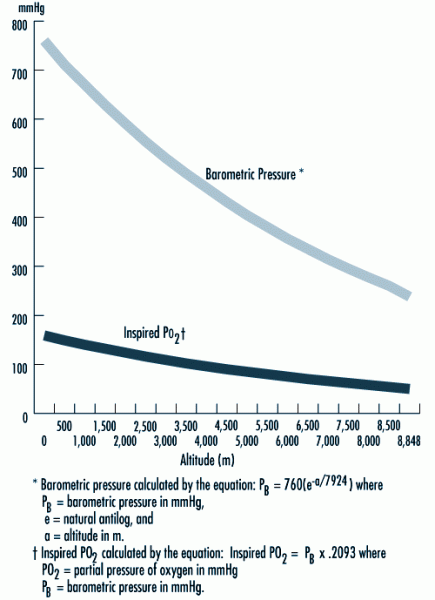|
|
|
In 1864, the first barbiturate (barbituric acid) was synthesized.
The first war in which wide-scale use of anesthetics occurred was the Civil War, and 80% of all wounds were in the extremities.
Only 12 hours after an egg cell is fertilized by a sperm cell, the egg cell starts to divide. As it continues to divide, it moves along the fallopian tube toward the uterus at about 1 inch per day.
Although not all of the following muscle groups are commonly used, intramuscular injections may be given into the abdominals, biceps, calves, deltoids, gluteals, laterals, pectorals, quadriceps, trapezoids, and triceps.
Acute bronchitis is an inflammation of the breathing tubes (bronchi), which causes increased mucus production and other changes. It is usually caused by bacteria or viruses, can be serious in people who have pulmonary or cardiac diseases, and can lead to pneumonia.
 Illustration showing how the primary breast tumor metastasized through the lymphatic and blood vesse
Illustration showing how the primary breast tumor metastasized through the lymphatic and blood vesse
 An alternating pneumatic compression device squeezes the leg tissues causing blood to move toward th
An alternating pneumatic compression device squeezes the leg tissues causing blood to move toward th





